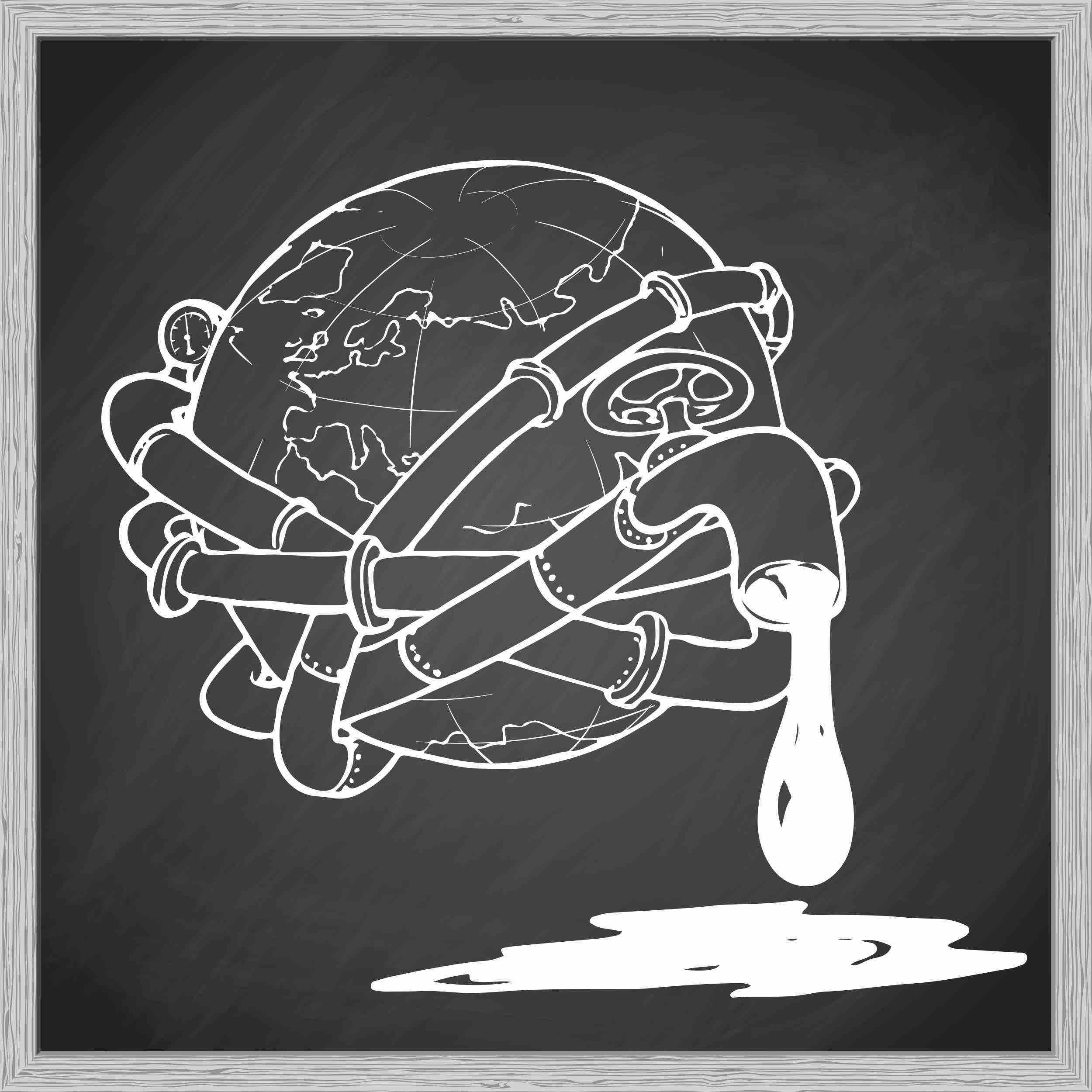The Facts: Financial Status of Energy Transfer Partners and the Dakota Access Pipeline
Fact Sheet on Financial Status of Energy Transfer Partners and Dakota Access Pipeline
There are moral and financial reasons for banks and other investors divesting from Dakota Access. The Science & Environmental Health Network has prepared a financial analysis of the status of Energy Transfer Partners and the Dakota Access Pipeline.
Download the full analysis here
Download a summary of the fact sheet here
Prepared by Carolyn Raffensperger, Executive Director
(The files are currently stored on Google Drive. Please email moreinfo@sehn.org if you need the Fact Sheet emailed to you directly)

The Dakota Access Pipeline is currently under construction, proposed to carry fracked oil from the Bakken fields in North Dakota 1,172 miles to Patoka, Illinois. There are moral and financial reasons for banks and other investors divesting from Dakota Access.
- A spill would contaminate the drinking water of the Standing Rock Sioux and rural people across all four state. The likelihood of not being able to pay for a major spill exacerbates the unethical siting of th e pipeline across the waterways of the Tribes.
- Dakota Access does not have all of its permits, of which its loans are dependent, but began construction in violation of

its permit conditions.
- Energy Transfer Partners is getting a failing grade from investment analysts because it is in such deep debt.
- Energy Transfer Partners has a history of bad dealings. A 2015 merger-gone-bad was what one industry analyst called “[t] he most abusive engagement in the energy sector…” and what the NY Times called “a nightmare.”
- It costs more to produce Bakken crude than a corporation can get for a barrel of oil.
Download the full analysis here
Download a summary of the fact sheet here

